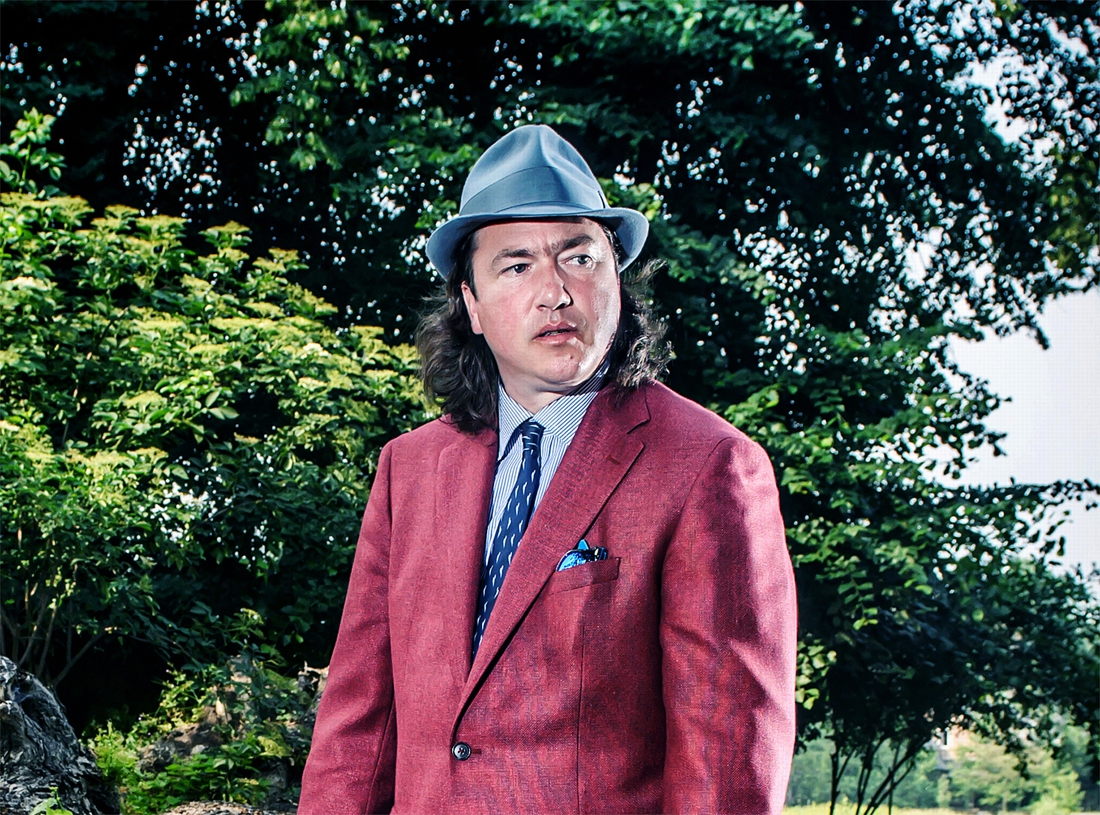The number of users of the public transport service provider “Fiqsy” has exceeded 100 thousand; The rapid growth has been largely influenced by the introduction of electric cars.
Maris Avotiņš, co-founder of “Fiqsy” (SIA “Fitsypro”), says that it cannot be said that it happened directly in connection with the introduction of the car sharing service, but does not deny that this aspect has played a significant role.
“On the one hand, 100 thousand is a lot, but considering how many people there are in Riga, there is still a lot to do,” he points out.
Fiqsy has attracted a loan from the financial institution Altum under the Green Grant Program in the amount of more than 2.4 million and purchased one hundred Renault Zoe electric cars, which appeared on the streets of Riga in July.
The most typical applications in the city are morning and evening travel from home to work and back. During the day, the cars make several laps around Riga. A car located in the center tends to change up to 10 to 15 drivers a day. “When you drive your car to the center, it stands from morning to evening. Our cars spend no more than 30 to 45 minutes in the center. Thus, the city’s infrastructure is used much more efficiently,” says M. Avotiņš.
Customers include those who use it for a trip to work or a meeting, as well as those who rent a car for several days. For example, one of the customers drove almost 2,000 kilometers in Latvia over several days in the summer. Currently, the most popular destinations, not counting medium-distance distances within Riga, are Jelgava, Liepāja, Valmiera, Ventspils, Cēsis and Daugavpils. “Every weekend almost all cars leave Riga. I myself live in Pāvilosta for one week in the summer and, while in Kuldīga, happened to line up behind two Fiqsy cars at the charging station. This shows that the electric car is not just for going to the store and back, “says M. Avotiņš. In two months, the company’s electric car has traveled more than 425 thousand km and more than 2.4 million minutes, thus CO2 reducing atmospheric emissions by as much as 51 tonnes – the same distance with a new non-electric car, CO2 emissions would be 120g / km.
The company has started to address corporate clients intensively, whose employees could use Fiqsy instead of the company’s fleet or similarly as a taxi. “In the winter, we plan to start publishing information about the companies whose employees have saved the most CO2 At present, the company already has almost 30 corporate customers, but the company plans to multiply this number. The challenge is that many companies still have prejudices about the electric car, such as how far you can go with them in one go. is aware of cases where colleagues warn each other that only 80% of the car ‘s battery is left, but in fact only ten kilometers have to be driven back and forth, and such a remaining battery could cover up to 200 km.
“Businesses are becoming more active in sharing services because they understand that this is not only a big cost saving, but an additional way to think directly about responsible business and sustainability issues. We very much hope that green mobility will become a daily occurrence not only for households but also for also at the level of companies, “says M. Avotiņš.
At the end of this year or the beginning of next year, it is planned to increase the number of cars in the Fiqsy fleet step by step. This is planned to be done quarterly. At present, you can almost always find a free car in the center of Riga, a 10-minute walk away, but cars are more difficult to access in private house districts and further surroundings.
Last year, the company entered the market with electric scooters. Fiqsy users spent a total of two million minutes on scooters last year and traveled 280,000 kilometers, or more than seven times around the globe. The average distance traveled by customers was 1.5 to 2.5 km.
Also this summer, the average user of scooters has driven 1.5 to 2.5 km. The statistics are influenced by the fact that this year there are fewer tourists who used to travel longer distances last summer, for example, 20 km. “The flow of tourism in Riga this summer was not as it was last year and it will hopefully be next year. A large part of last summer’s customers were tourists, which there were no this year. The second negative factor is that a large number of companies work remotely and spend time At the same time, however, people are less willing to travel by public transport and instead choose a scooter, “says M. Avotiņš.
Scooters make about ten trips a day. This season they are increasingly used to cover a certain distance.
M. Avotiņš has noticed that this year people use scooters more responsibly and leave them more honestly – in places where they do not disturb others. The company is in talks with other cities about introducing scooters next year and has the same questions everywhere – won’t they disturb pedestrians, cyclists and cars? He believes that any road user should be part of the overall flow, not a conflict. “For every situation, one of the modes of transportation is the best – car, scooter, public transport, etc. The most important thing is to give the most convenient option individually. This is one of the reasons why we offer cars and buses. If a person is used to riding a scooter or car, in the application itself, if necessary, you can choose a bus, “says M. Avotiņš.
Earlier, M. Avotiņš pointed out in an interview with “Dienas Bizness” that people have less and less desire to have everything.
“I am still from the generation that still needs to buy everything, but speaking with new colleagues who are still studying and working for us over the summer, I see that they do not have the desire to have everything. It is an important thing. And it’s not just scooters, I think pretty soon there will be offers for everyone – those who sell real estate, cars, etc. The fact that you can use is a big plus – you don’t have to worry about where you put it, where you’ll find it next. This year, the weather is very good, but there have been days when the sun is shining in the morning, but then it’s raining for two hours. If you leave with your bike or scooter, then you have to get it back. “There are a number of such things, not to mention the ecological moment. Electric vehicles in the city center will always be more profitable, the batteries can be processed afterwards, and this technology will definitely progress,” said M. Avotiņš.
Fiqsy started operating in 2019, the company’s co-founder is Maris Avotiņš, who previously managed Swedbank and Expobank in the Czech Republic. The company’s fleet includes 100 cars, 15 buses and 550 scooters in Riga and Jelgava. The company has about 10 employees and most of the services are provided by external service providers.
–

